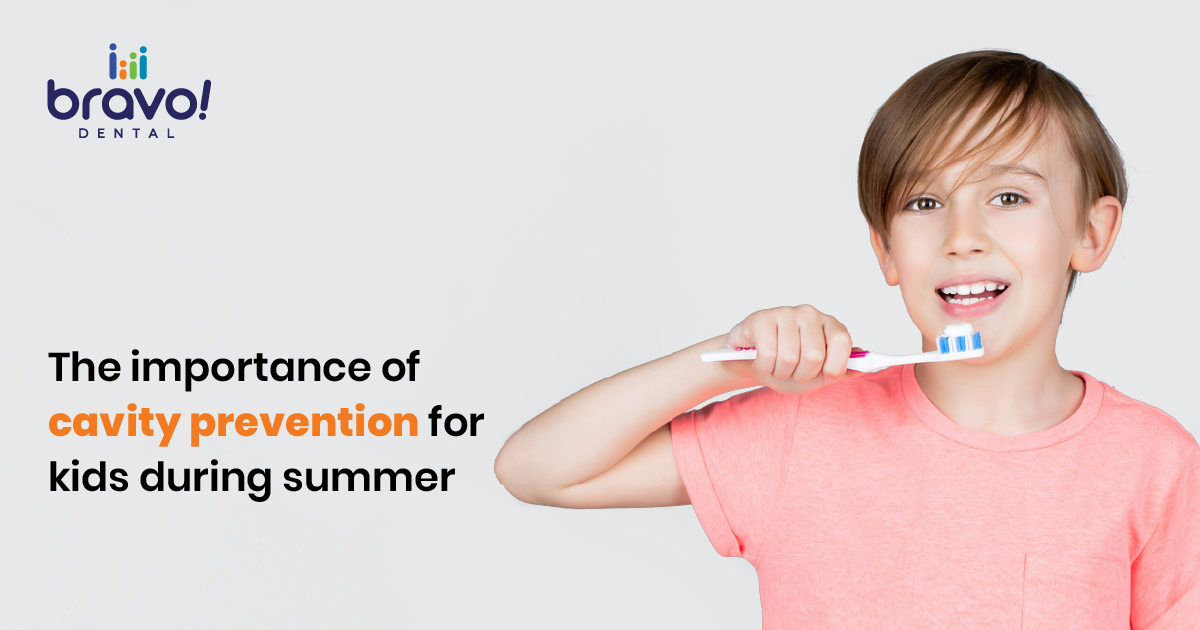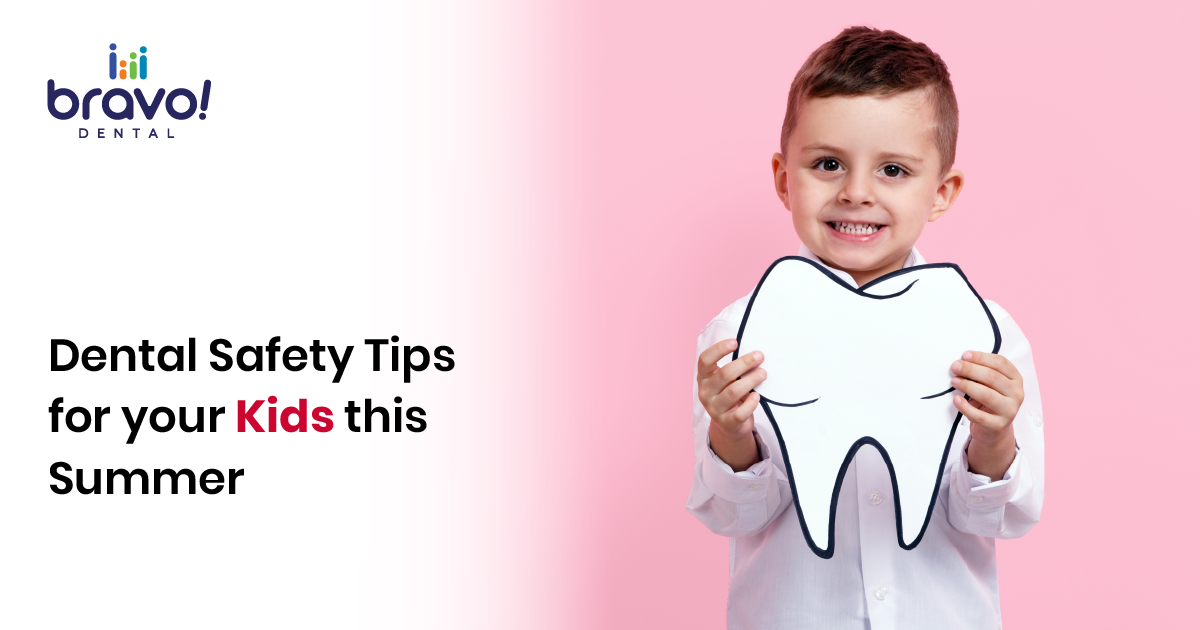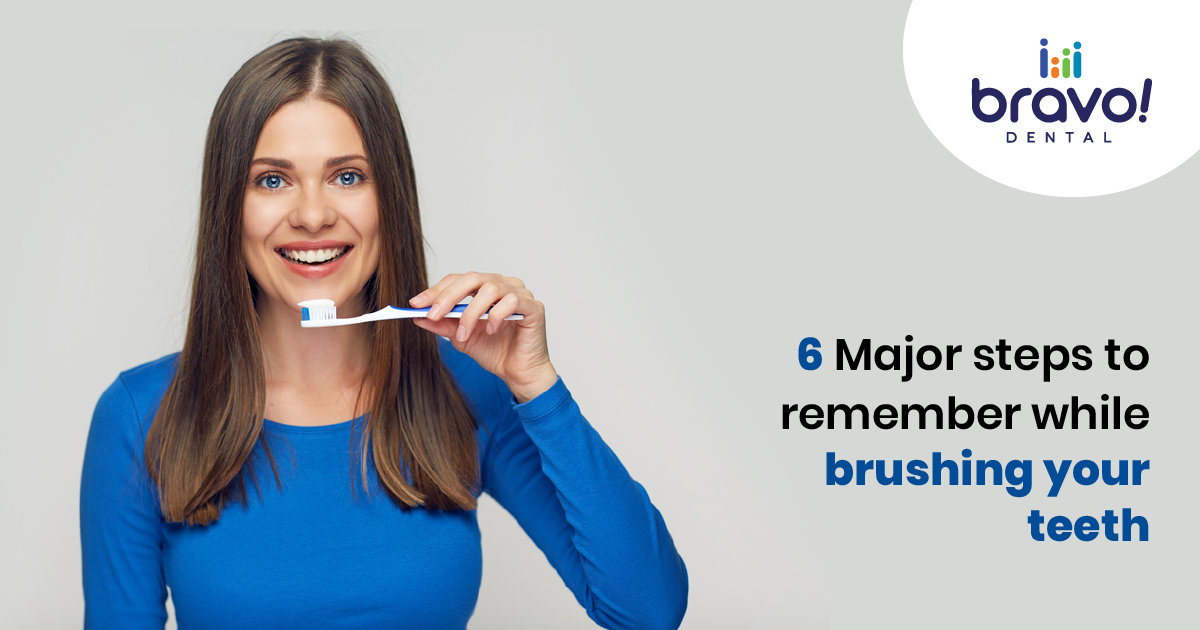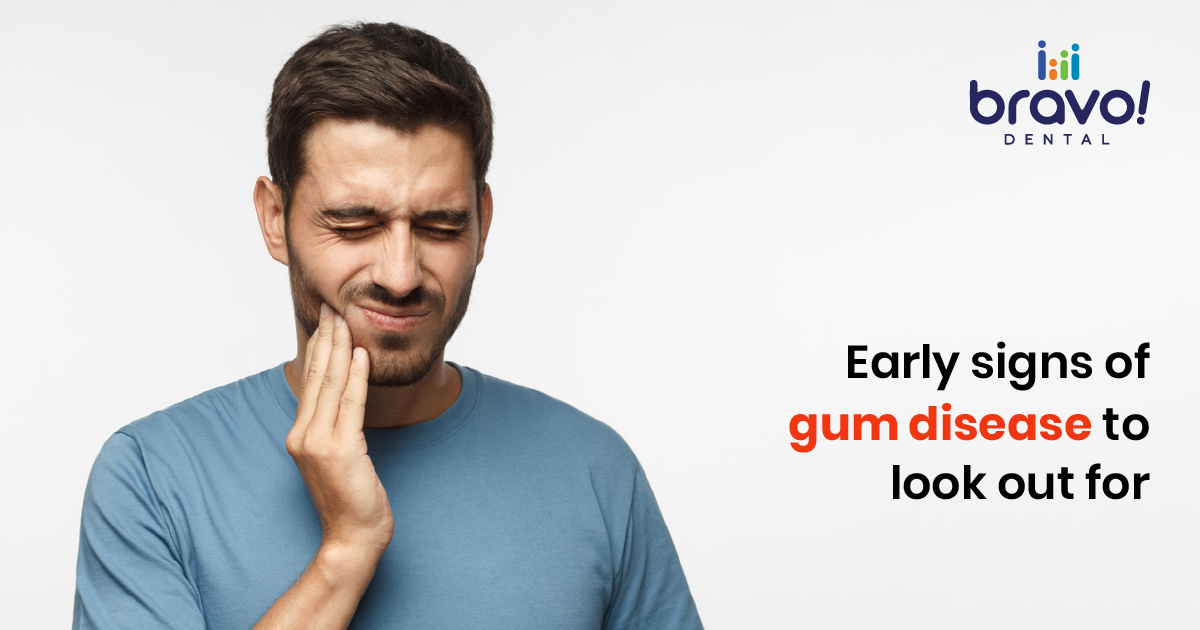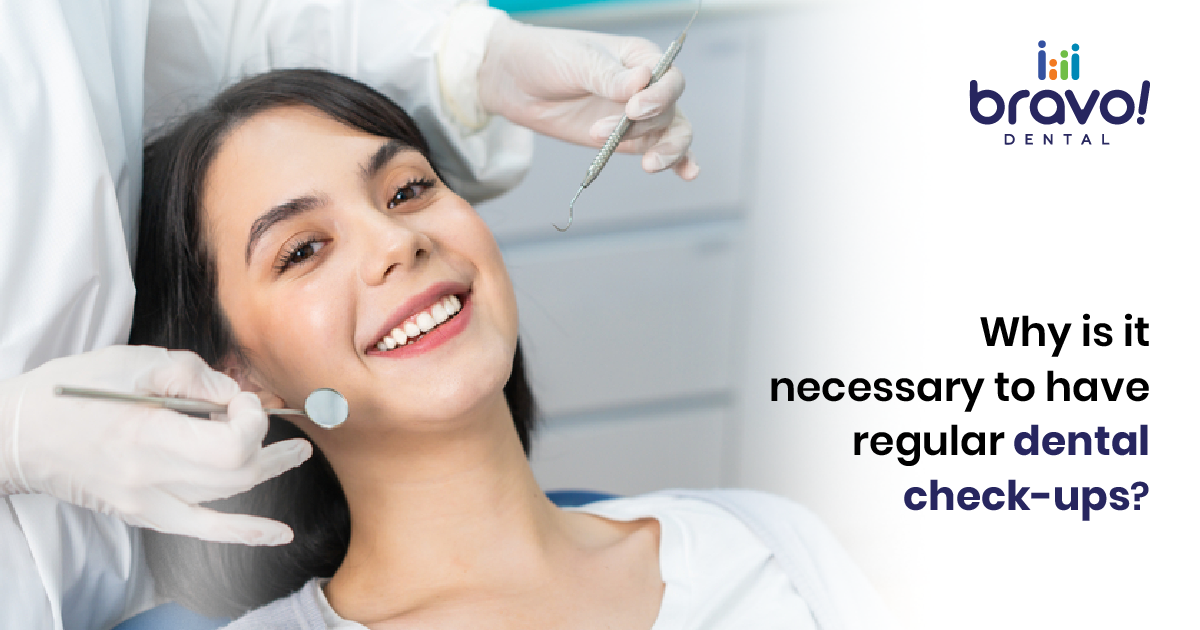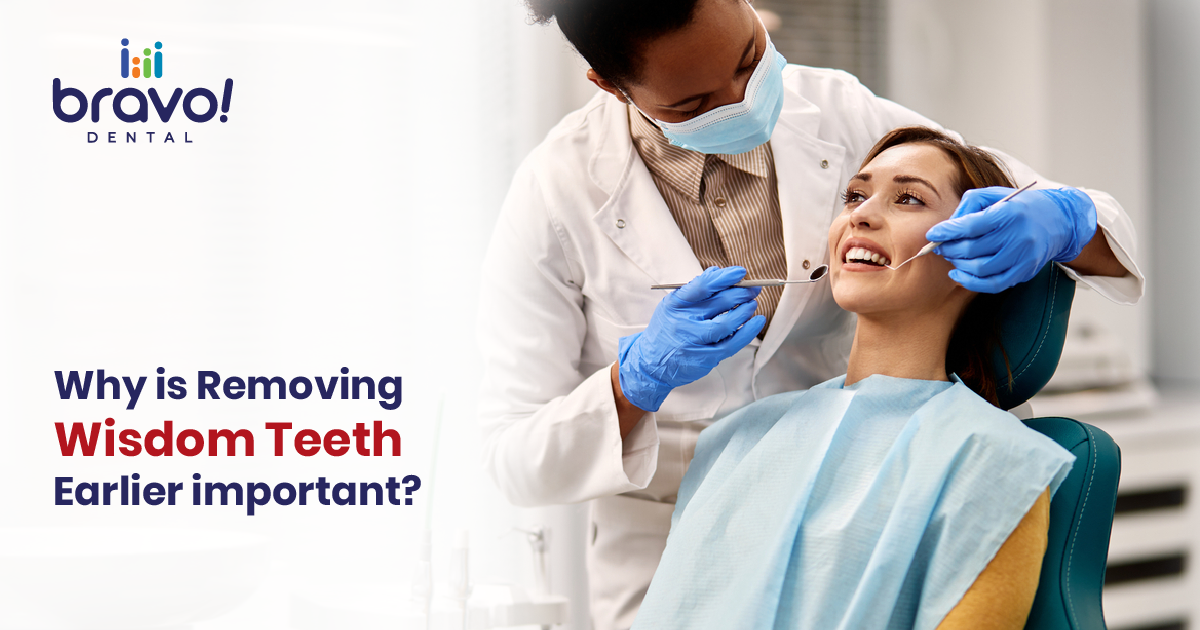As summer vacation starts, it’s easy for parents to become preoccupied with summer camp, the little leagues, family trips, and other activities that we oft overlook one crucial aspect- Kids’ dental health.
Many parents have the impression that cavities in primary teeth are harmless because they will fall out regardless. Unfortunately, this relaxed notion would lead them to neglect their kids’ oral health. Problems with baby teeth, in reality, can affect the development of permanent teeth and create great discomfort at later stages.
How to take care of your child’s teeth during summer trips?
Parents can lower their children’s risk of cavities by properly caring for their teeth during summer vacations. Brushing and flossing, in particular, may keep teeth clean and cavity-free. Sugary drinks and snacks should also be avoided because they increase the risk of cavities.
How can a pediatric dentist help in the prevention of cavities for children?
A pediatric dentist assists parents in maintaining their child’s oral health by facilitating the normal development of permanent teeth. Regular cleaning and check-up appointments, which are recommended every four to six months, are one method they can achieve this. Cavities in molars and premolars can also be reduced with dental sealants. If the enamel begins to deteriorate before cavities appear, a pediatric dentist may recommend that the parent give their child a fluoride treatment to use daily to help strengthen the enamel and prevent erosion.
The significance of instilling proper oral hygiene habits in children at an early age
Another advantage of practicing good oral hygiene at home and visiting a pediatric dentist regularly is that the child can learn healthy oral hygiene habits at a young age. This aids in preventing cavities in permanent teeth, as the behaviors often persist into a child’s adolescent and adult years as they grow.
To be proactive when it comes to cavity prevention in your kids, you can make an appointment with our pediatric dentist at Bravo! Dental to discuss a cavity prevention strategy for your child. We take great pleasure in assisting children of all ages in preventing cavities in their teeth.
To make an appointment, call our dentist’s office now at 1-888-682-7286.
